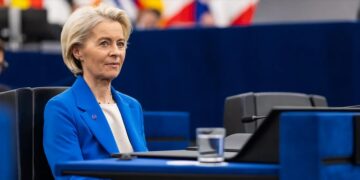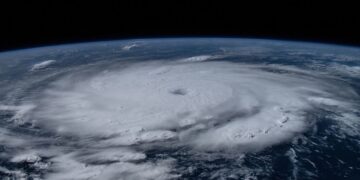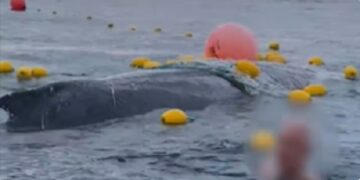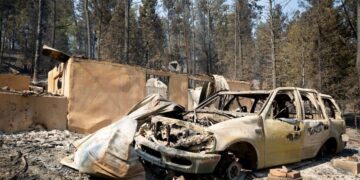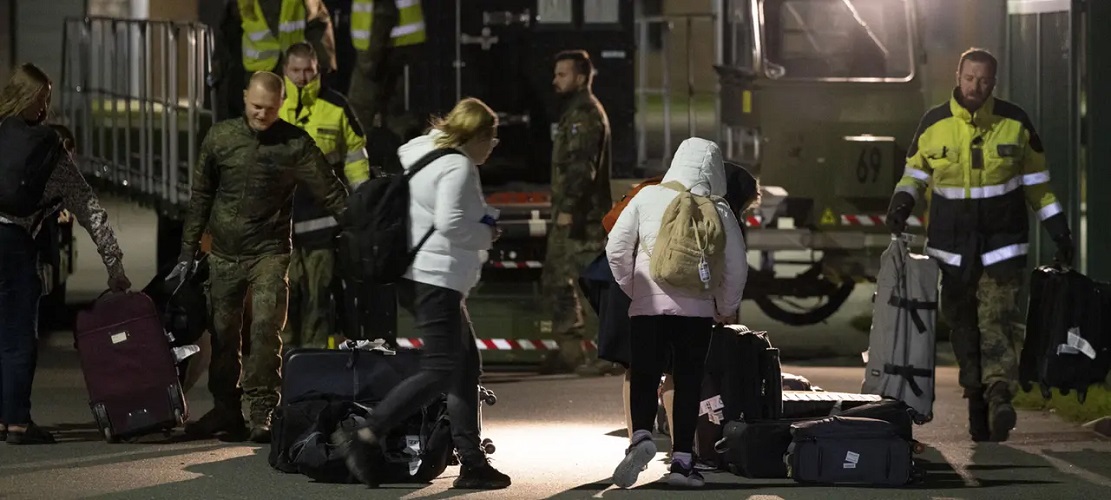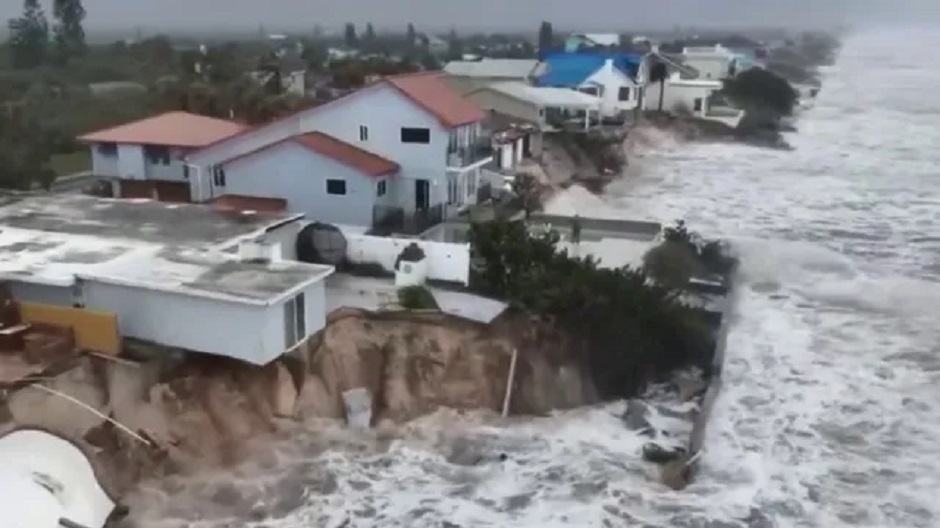Trump Doesn’t Want to Defend Ukraine, Europe Needs a “Plan B” – FT Observer
The U.S. and Europe have yet to reach an agreement regarding security guarantees for Ukraine and assistance for Kyiv.
Russian dictator Vladimir Putin does not desire peace, as evidenced by the massive strike on Ukraine on the night of September 7, which marked one of the largest assaults since the full-scale war began. Shortly afterward, U.S. President Donald Trump confirmed that he is ready to tighten sanctions against Russia.
British journalist and political commentator Gideon Rachman, in his piece for the Financial Times, asserted that the American leader’s comments were not a spontaneous reaction to recent Russian attacks. Rather, they were the result of a nearly two-hour recent phone conversation Trump had with European leaders.
Trump Critiques Europe
Rachman reminded readers that on September 4, Trump engaged in a call with European leaders, including France’s Emmanuel Macron, Italy’s Giorgia Meloni, Finland’s Alexander Stubb, European Commission President Ursula von der Leyen, and Ukrainian President Volodymyr Zelensky.
The journalist noted that the European leaders were confident they had convinced Trump and his administration to bolster secondary sanctions against buyers of Russian oil and gas, as well as to increase military aid to Ukraine. Meanwhile, the White House is urging European nations to completely abandon Russian energy resources so that the U.S. can increase pressure on Moscow.
The compromise reached was that Europe would continue efforts to end all energy purchases from Russia, while Washington would pressure Hungary and Slovakia. Rachman recalled that U.S. Treasury Secretary Scott Besant previously confirmed that the aim is to intensify pressure on the Russian economy and that the U.S. and EU should do this together.
During the phone call, Trump also criticized European leaders for failing to exert pressure on China, the largest purchaser of Russian energy resources. The journalist added that in response, Europe agreed to cooperate with the U.S. on secondary sanctions aimed at Beijing.
According to Rachman, tightening sanctions could put real pressure on Putin, as the Russian economy heavily relies on revenue from oil and gas exports. He noted that signs are already emerging that the country’s economy is feeling increasing strain.
However, military pressure on Ukraine is also intensifying. Rachman emphasized that both the U.S. and Europe know they need to do something to alleviate it.
Indecision of the “Coalition of the Willing”
The journalist reminded readers that last week the “Coalition of the Willing” convened in Paris to discuss post-war security guarantees for Ukraine. In particular, they considered the possibility of deploying so-called “stabilization forces,” which may consist of European troops.
Rachman pointed out that the main issue is that many of the most important countries within the “Coalition of the Willing” are reluctant to send their troops to Ukraine. Countries like Germany, Italy, and Poland are among them.
The commentator emphasized that even those European nations that declare their readiness to contribute to “stabilization forces” want the U.S. to provide logistical and air support. Moreover, they are willing to deploy troops only if an agreement with Russia is reached on the matter. It is clear that Moscow opposes the deployment of European troops in Ukraine.
How Allies Can Support Ukraine
The journalist acknowledged that Russia is unlikely to agree to a negotiated ceasefire. This is why there is now talk of a de facto truce. Under such a plan, the U.S. would assist in defending Ukrainian airspace.
In particular, Washington could bolster Ukraine’s air defense, while Europe could contribute, notably by providing naval support, Rachman suggested.
“The evident danger for Europeans is that they are so immersed in the subtleties of diplomacy, as well as the delicate art of ‘whispering to Trump,’ that they lose sight of the bigger picture,” the journalist wrote.
He underscored that Trump has repeatedly made it clear, through his words and actions, that he does not want to take on commitments to defend Ukraine. He often mentions prioritizing American interests.
Rachman concluded that compelling Trump to increase military and economic pressure on Putin would be an extraordinary feat. However, he believes Europe requires a “Plan B” in case the U.S. retreats from this course.
Trump Confirms Readiness to Move to “Phase Two” of Sanctions Against Russia
On September 7, President Donald Trump stated that he was in favor of increasing pressure on Moscow. He confirmed his readiness to move to the “second phase” of sanctions against Russia.
Additionally, U.S. Treasury Secretary Scott Besant previously indicated that Washington is prepared to intensify pressure on Russia, emphasizing that European partners need to do the same.

